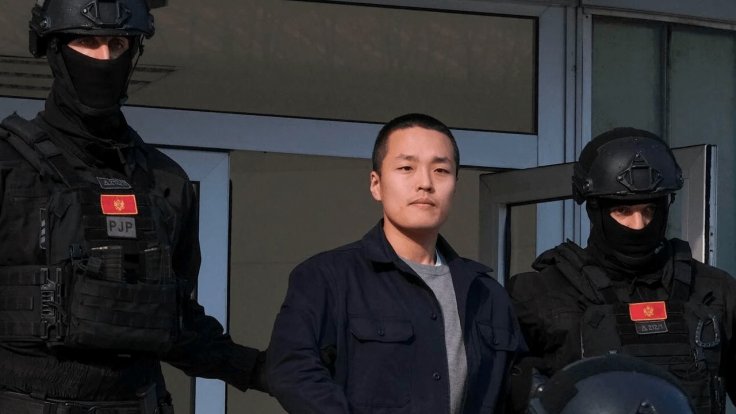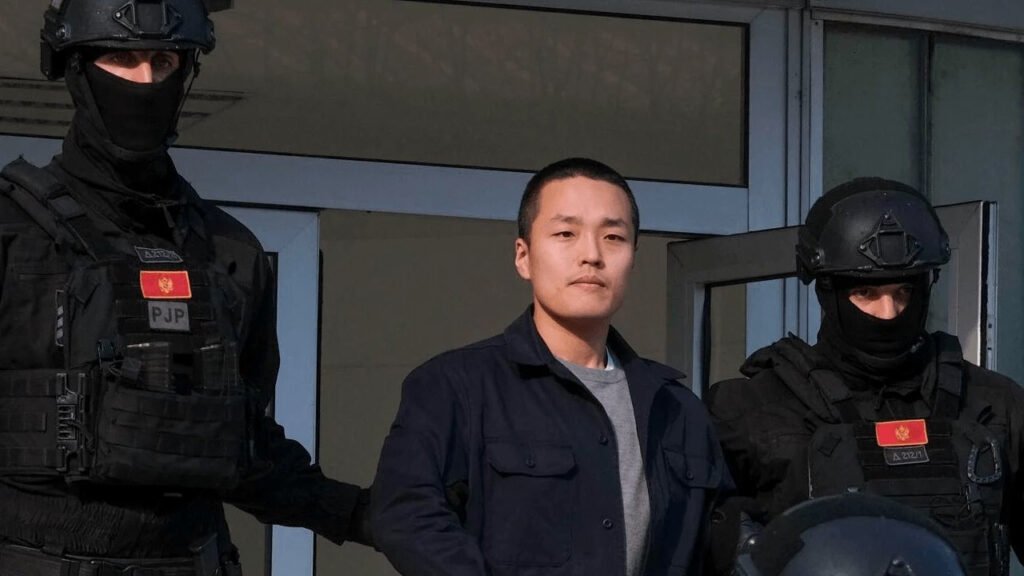South Korean blockchain entrepreneur Do Kwon, whose project’s collapse resulted in one of the largest cryptocurrency losses ever, pleaded guilty to fraud in a US court. In a hearing before US District Judge Paul Engelmayer in New York, the founder of Terraform Labs was due to enter his second change of plea on Tuesday. His sentencing has been scheduled for December 11 of this year, according to railroad records.

Kwon was initially charged last January with nine criminal counts, among them wire fraud, commodities fraud, securities fraud, and money laundering conspiracy. Those charges stemmed from the dramatic crash of two cryptocurrencies he had created, TerraUSD and Luna, which together erased about $40 billion from the market in mid-2022. Kwon had earlier pleaded not guilty but later admitted to participating in the conspiracy.
He was extradited from Montenegro in 2024 and brought back to the United States by authorities. He was detained at Podgorica airport in March 2023 while boarding a flight to Dubai. Officials later learned that he had a fake Costa Rican passport. Before his capture, Kwon had been a fugitive for months, leaving South Korea and later Singapore after his company’s collapse.
Terraform Labs introduced TerraUSD as a “stablecoin“—a type of cryptocurrency designed to match the value of the US dollar. It had been used with another token, Luna, which was volatile but linked to TerraUSD through a blockchain-based system. It was popular with crypto investors. Kwon was hailed in South Korean media as “crypto genius” in South Korea.
All was going well until May 2022, when TerraUSD lost its dollar peg, which led to the dramatic fall of Luna and TerraUSD. Kwon was later criticized for what detractors described as a pyramid-style investment scam that left thousands of small investors bankrupt. The implosion sent tremors through the crypto industry, fueling broader instability and a wave of bankruptcies.
Kwon’s guilty plea is among the most high-profile legal landmarks in cryptocurrency history. A spate of scandals and the collapse of major exchanges have led regulators to tighten oversight on the digital asset industry. Investors and regulators around the world will be watching his sentencing in December as a potential inflection point in global crypto enforcement.

